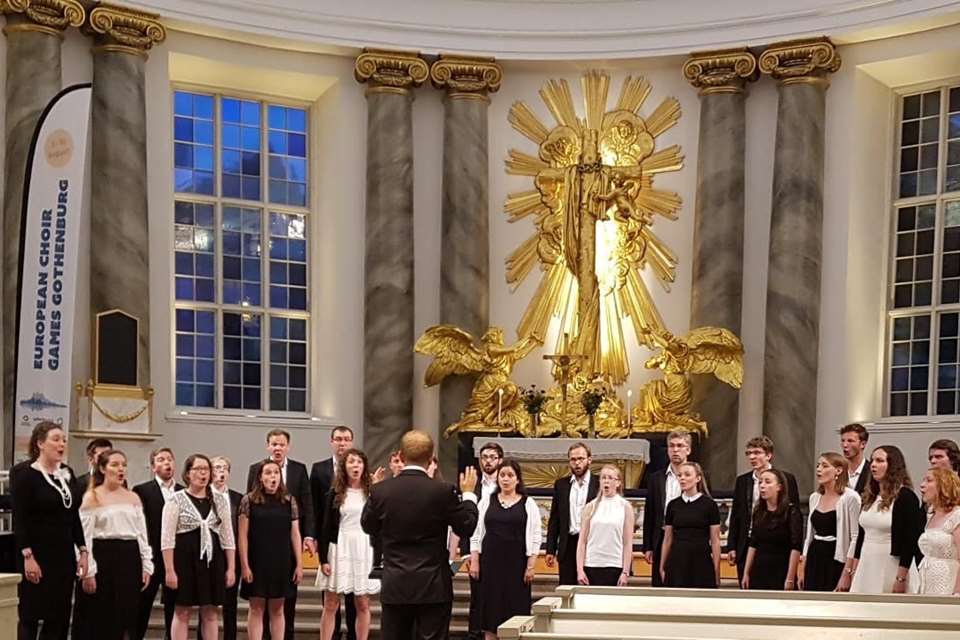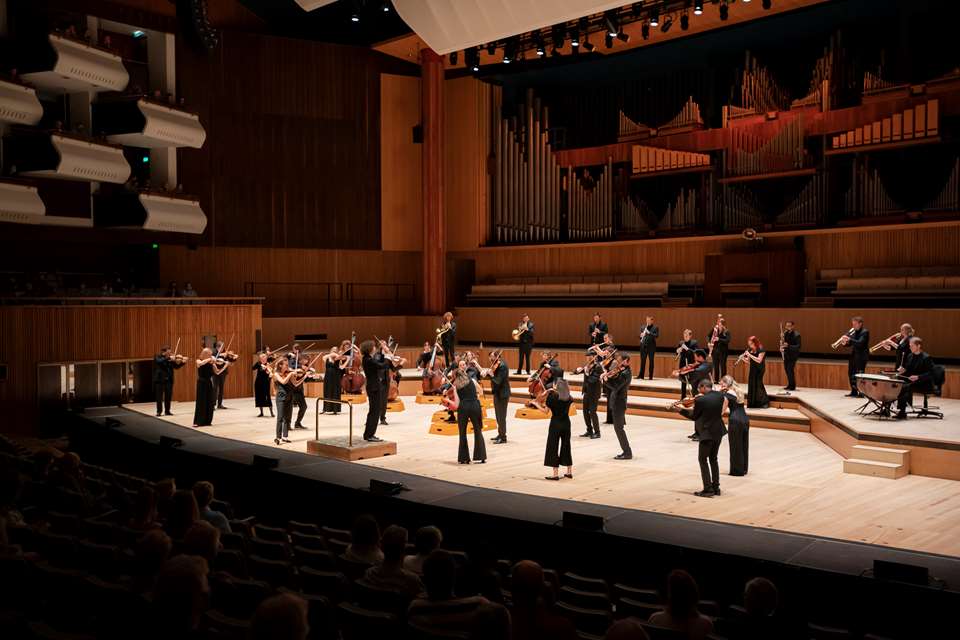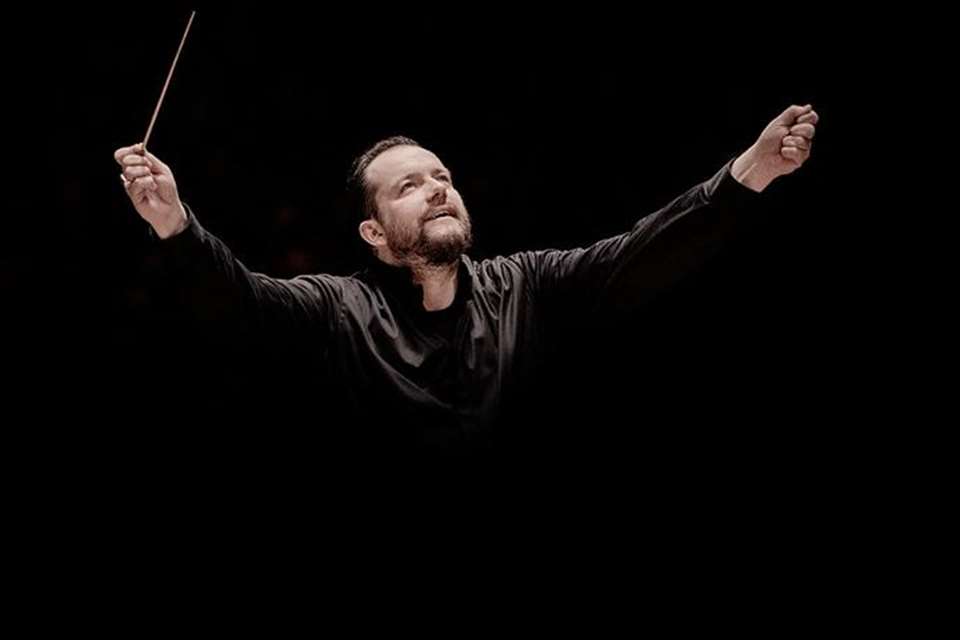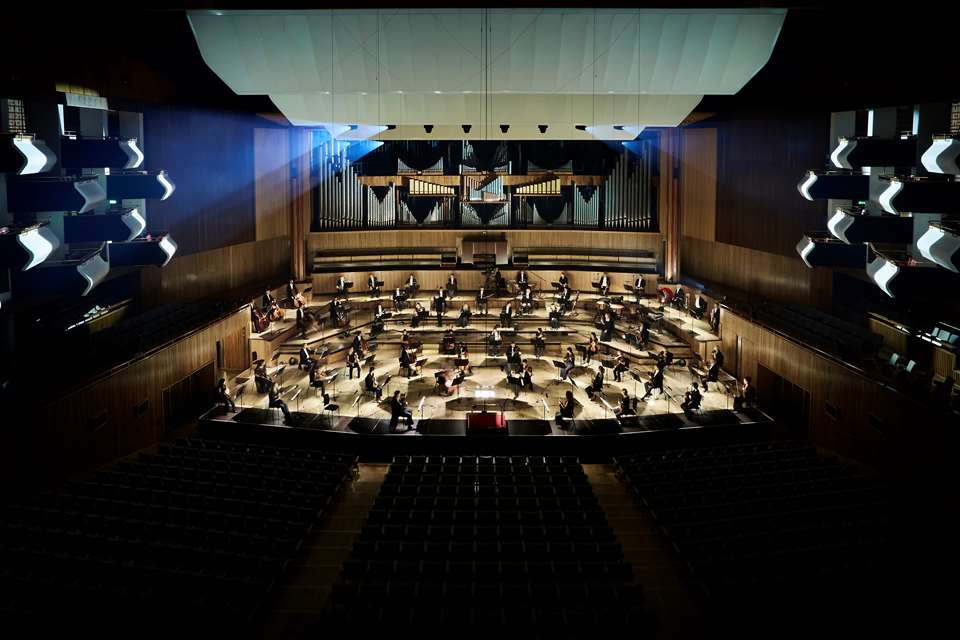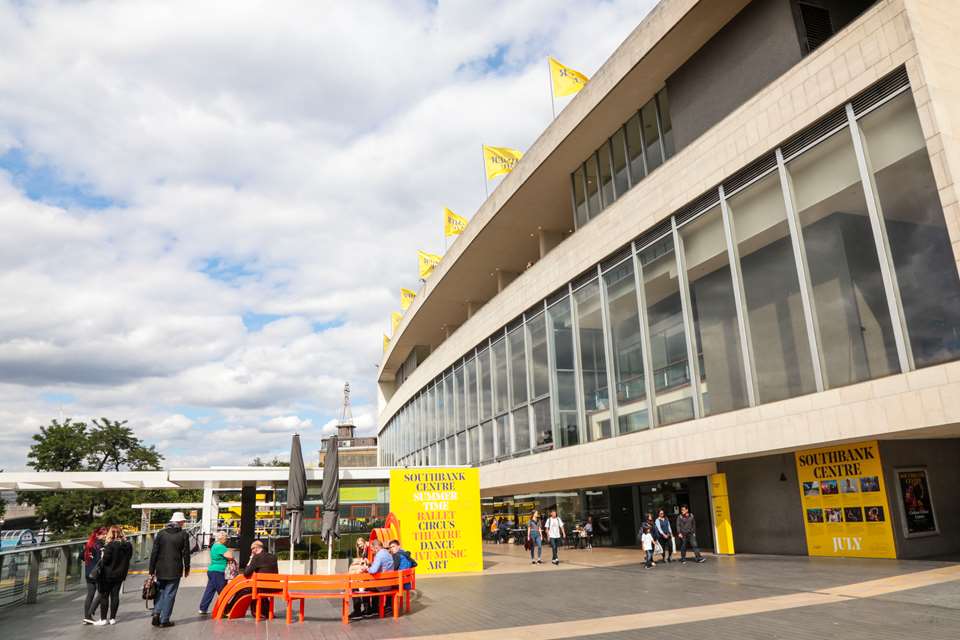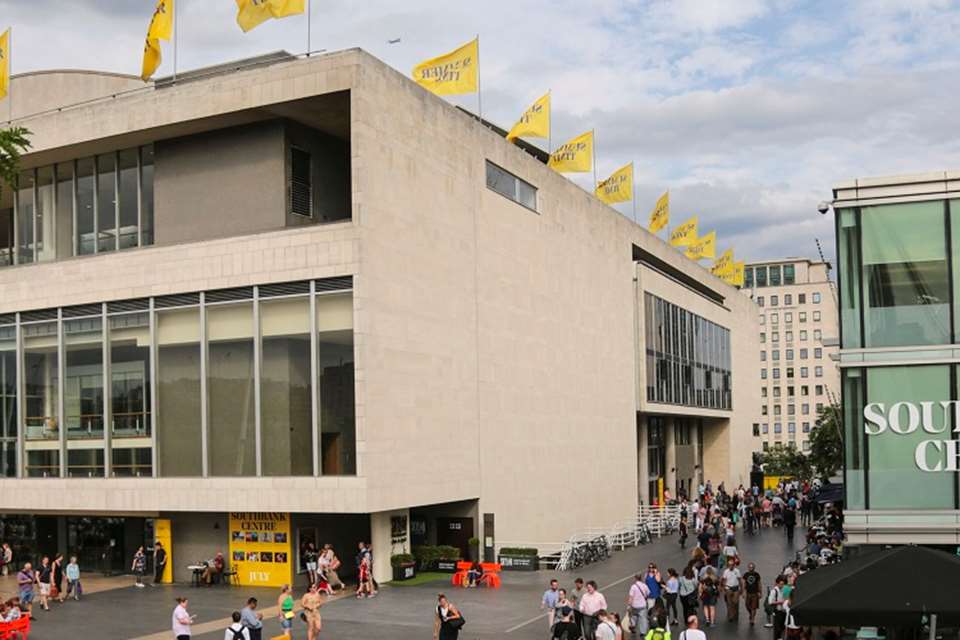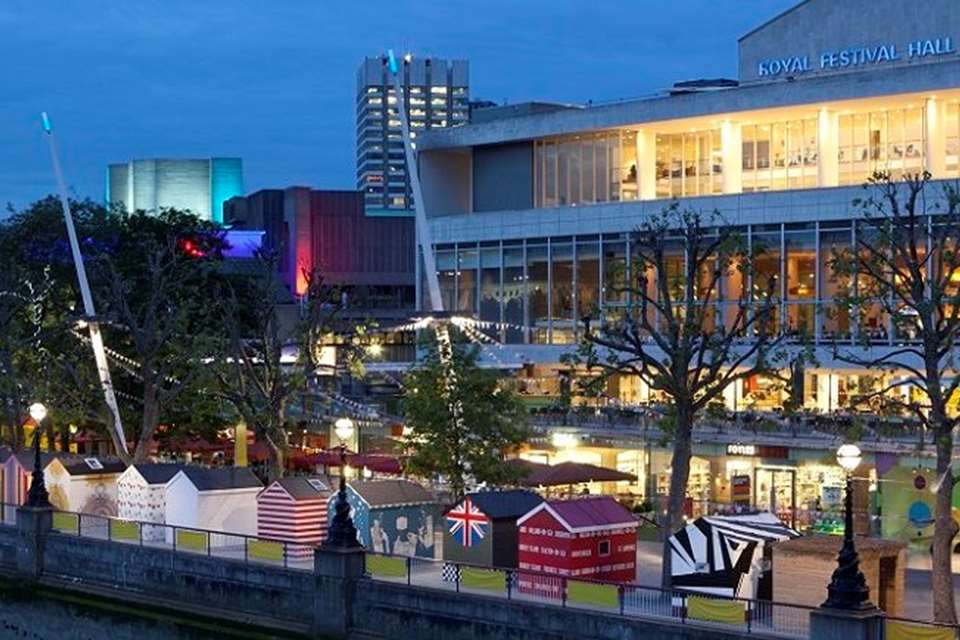Spotlight On: Southbank Centre
Keith Clarke
Monday, July 4, 2022
Joining the iconic London venue during the pandemic was a challenge, but head of classical music Toks Dada has found new ways to think about classical music as a result. Keith Clarke reports
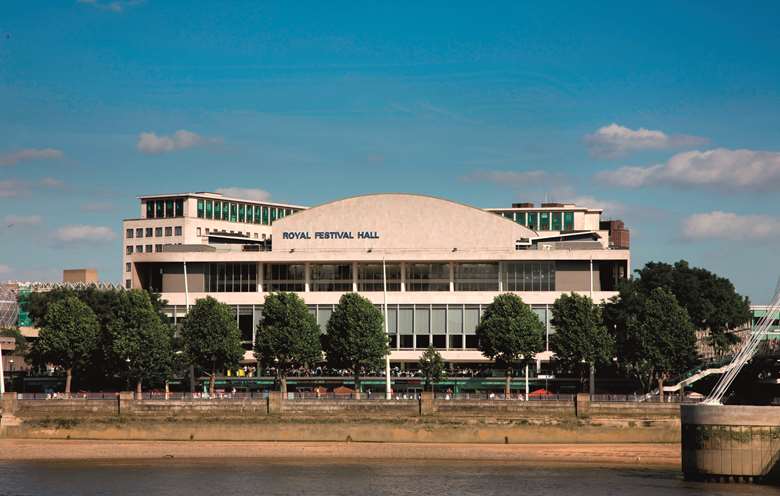

Register now to continue reading
Don’t miss out on our dedicated coverage of the classical music world. Register today to enjoy the following benefits:
- Unlimited access to news pages
- Free weekly email newsletter
- Free access to two subscriber-only articles per month
